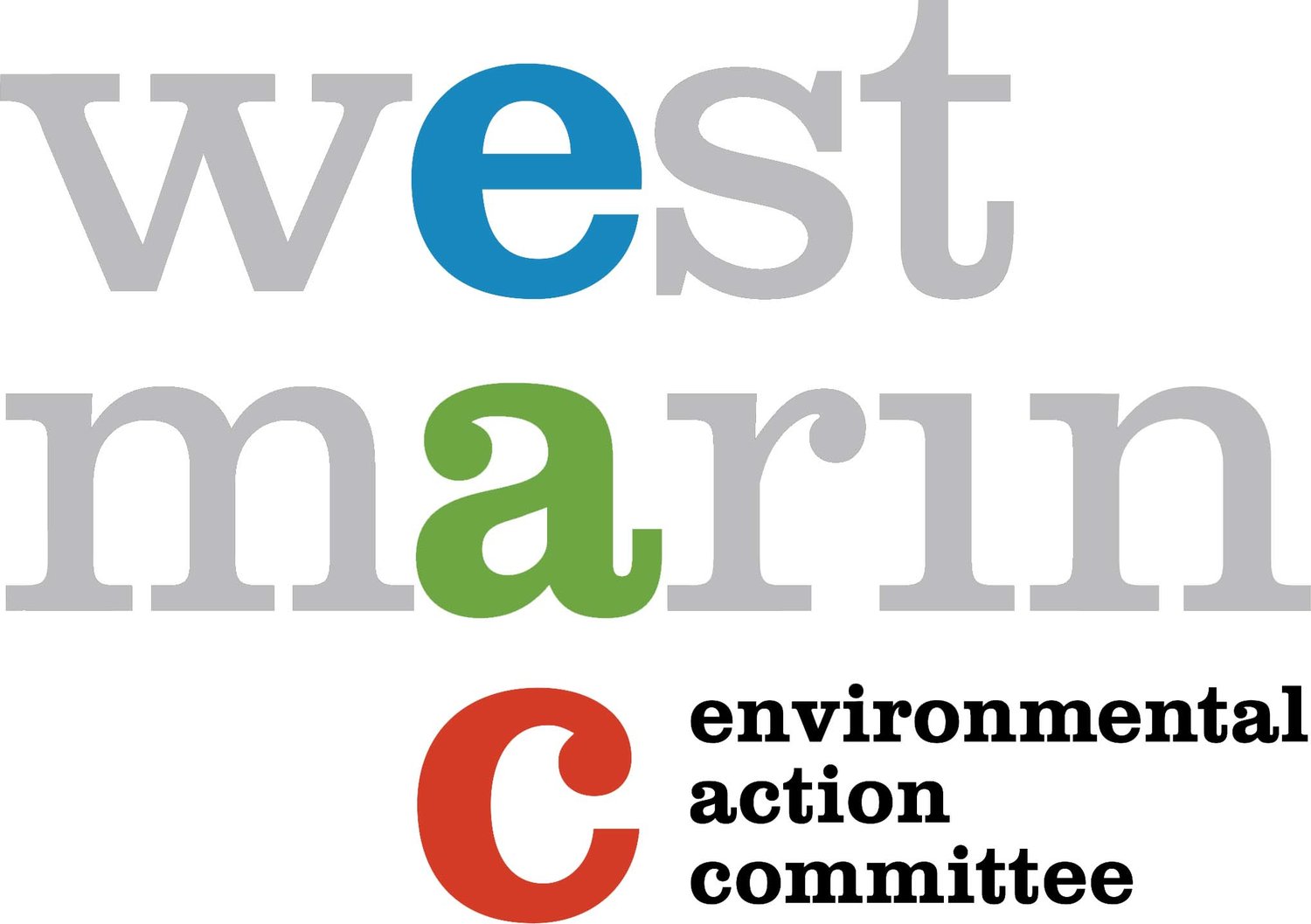Our Coastal Climate Online Educational Series
The climate crisis presents an immediate need for action. Addressing the environmental hazards associated with the impacts of a changing climate while building community resilience for Marin’s coastal communities is at the forefront of our work. These are complicated issues and there is a need for additional public outreach and education for our communities as we collectively make decisions that have lasting impacts for a generation.
During the pandemic, in 2020 and 2021, we produced a series of webinars addressing the environmental hazards associated with the impacts of a changing climate while building community resilience in coastal West Marin County.
Rising Waters in Coastal Marin
Date Published: 2020
Our Coastal Climate: Rising Sea Levels in West Marin. This online meeting format explore rising sea levels, emergent groundwater, and ways to build coastal resilience through local action with keynote speakers Dr. Charles Lester, Dr. Kevin Befus and Dr. Patrick Barnard.
EMERGENT GROUNDWATER WITH Dr. Kevin Befus and Dr. Patrick Barnard
Learn how the United States Geological Survey (USGS) CoSMoS-Groundwater (GW) team used numerical models to forecast how coastal water tables may rise with higher sea levels to understand the potential for sea-level rise to cause groundwater flooding and shoaling along California’s coastline. Learn more including reading the team’s recently published paper and the corresponding press.
Additional USGS & Related Resources:
CALIFORNIA COASTAL ACT AND SEA LEVEL RISE WITH Dr. Lester
Date Published: 2022
How can communities reduce the growing coastal hazard risks of climate change while still protecting the people’s broader interests in the coast? Dr. Charles Lester will reflect on this question, and discuss some of the core coastal challenges facing the state and local communities.
CLIMATE CRISIS, BUTTERFLIES, AND YOU!
Exploration with insect ecologist and professor Matthew Forister and environmental journalist and author Mary Ellen Hannibal about our changing climate conditions and the impacts on butterfly species (including the western monarch), and how you can get involved through community action to support species through habitat enhancement and community science.
SERIES SPEAKER BIOGRAPHIES
Dr. Patrick Barnard has been a Research Geologist with the USGS Pacific Coastal and Marine Science Center in Santa Cruz since 2003, is the Research Director for the Coastal Climate Impacts Program and Co-Developer of the Coastal Storm Modeling System (CoSMoS). His research focuses on the coastal hazards driven by storms and climate change along U.S. beaches and estuaries. His research has been published in over 100 peer-reviewed scientific papers, and he serves on numerous regional, national and international scientific review panels related to climate change and coastal hazards, including the U.S. Global Change Research Program, and has advised members of the U.S. Congress and Cabinet, as well as state and local government representatives.
Matthew Forister is a professor of biology and insect ecology in the Biology Department at the University of Nevada, Reno. He has studied butterflies and other insects in the western US for the last 20 years, and has published more than 100 journal articles and book chapters on issues that include insects adapting to exotic plants and butterflies responding to a changing climate. One of the main concerns for Forister and his graduate students is the collection of data at 5 sites in the Sierra Nevada that have been studied for almost 50 years, a project originally started by Art Shapiro of UC Davis. Forister’s talk will include data from that long-term work as well as recent results on warming temperatures associated with butterfly declines throughout our region.
Dr. Charles Lester is the director of the Ocean and Coastal Policy Center in the Marine Science Institute at UC Santa Barbara, where he researches, writes, and advises about sea level rise, coastal resilience, and other aspects of coastal law, policy and management. Charles previously worked for the State of California and the California Coastal Commission for twenty years, including serving as the agency’s fourth executive director from 2011 to 2016. He received his Ph.D. and J.D. from UC Berkeley, and a B.A. in Geochemistry from Columbia University. Charles is an expert in integrated coastal management and California coastal law and policy. In 2015, he led the agency's completion of California's first comprehensive land use guidance for addressing sea level rise and coastal protection on the outer coast (Sea Level Rise—Adopted Policy Guidance). Charles speaks regularly on coastal management, adaptation and resilience, including recently as part of a Congressional briefing on west coast resilience.
Dr. Kevin Befus is an assistant professor in the Department of Geosciences at the University of Arkansas. Dr. Befus began his faculty career in the Department of Civil and Architectural Engineering at the University of Wyoming. Prior to moving west, Dr. Befus was a Mendenhall Post-doctoral Fellow at the U.S. Geological Woods Hole Survey Coastal and Marine Science Center. The academic path to these positions started at Wheaton College, IL, followed by a M.S. in Geological Sciences at the University of Colorado in Boulder, CO and a Ph.D. in Geological Sciences at the University of Texas. Dr. Befus studies a wide range of hydrologic problems focused on how groundwater systems interact with changes at and near the land surface, ranging from the coast to mountainous continental interiors and extending as far back as the Last Glacial Maximum.
Mary Ellen Hannibal is an environmental journalist and the author of five books. Among many fellowships and residencies, she is the recipient of the American Association for the Advancement of Science’s Science and Society Award and Stanford University’s Knight-Risser Prize for Western Environmental Journalism. Of her book The Spine of the Continent: The Race to Save America’s Last, Best Wilderness, Publisher’s Weekly wrote “this is what science writing should be: fascinating and true.” Her most recent book, Citizen Scientist: Searching for Heroes and Hope in an Age of Extinction, was named a best book of the year by the San Francisco Chronicle and won a Nautilus book award. She is a creator and writer of “Nature in the City,” a spatio-temporal map of San Francisco, synthesizing more than 40 maps of the terrain and telling stories of change over time. She is a regular contributor to many publications, including The New York Times, Science, Nautilus, and Bay Nature. Her recent TED talk is about butterflies and the human soul: go.ted.com/maryellenhannibal
Dr. Kristina Hill is an Associate Professor of landscape architecture, environmental planning and urban design at UC Berkeley. She is the Director of UC Berkeley’s Institute of Urban and Regional Development (IURD) and teaches courses on resilience and adaptation to climate change. Her perspective on resilience developed through research and applied projects in coastal Germany and the Netherlands, Seattle, Provincetown Massachusetts, New York’s South Bronx, and New Orleans – as well as in the San Francisco Bay Area. She received her PhD from Harvard, and has found ways to be pro-housing and pro-biodiversity in a changing world.
PROMOTIONAL event cosponsors
West Marin Climate Action
Drawdown: Marin
Environmental Forum of Marin




